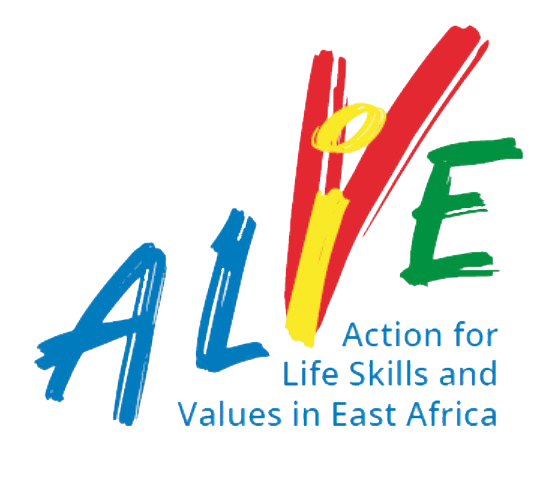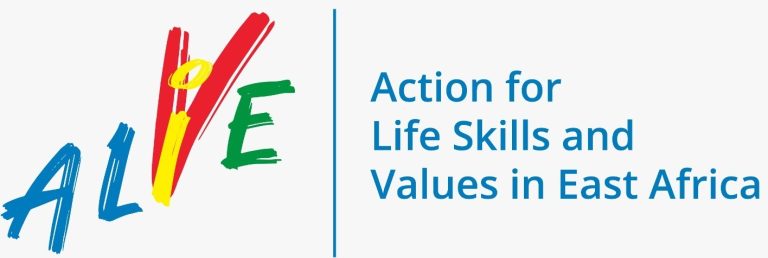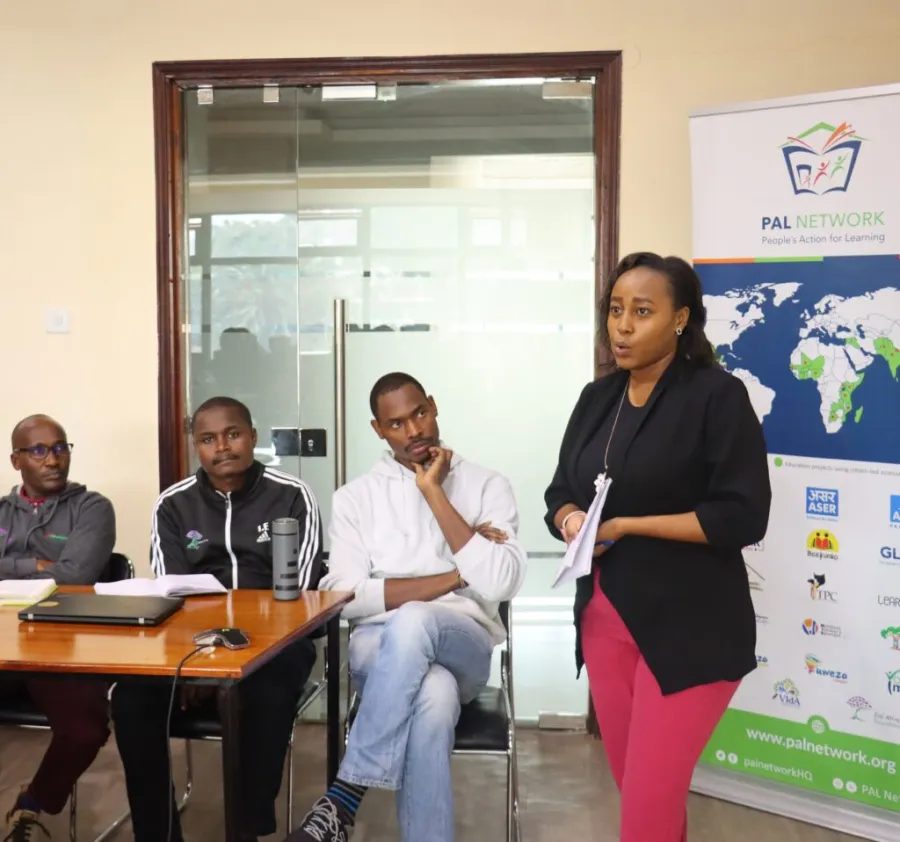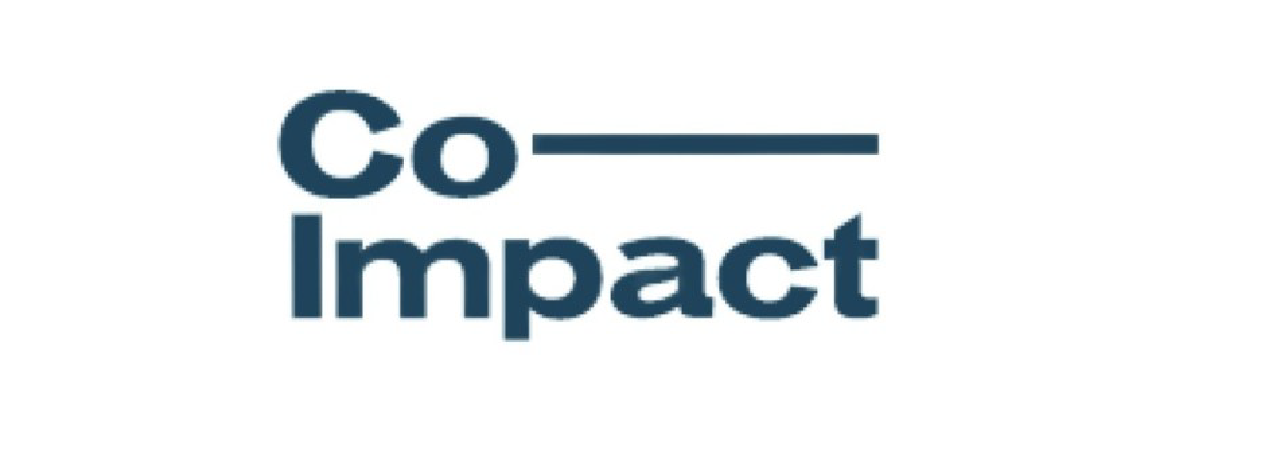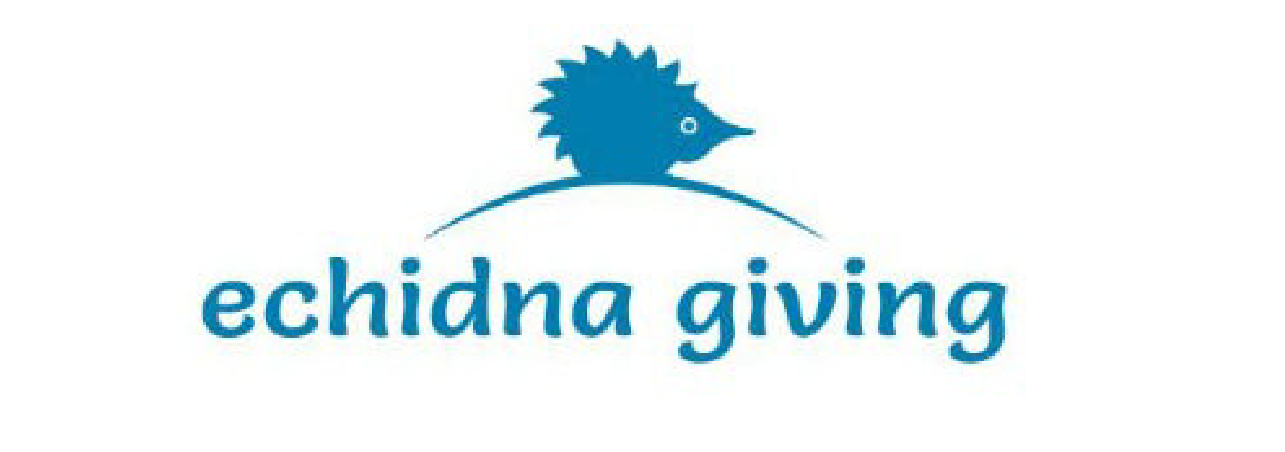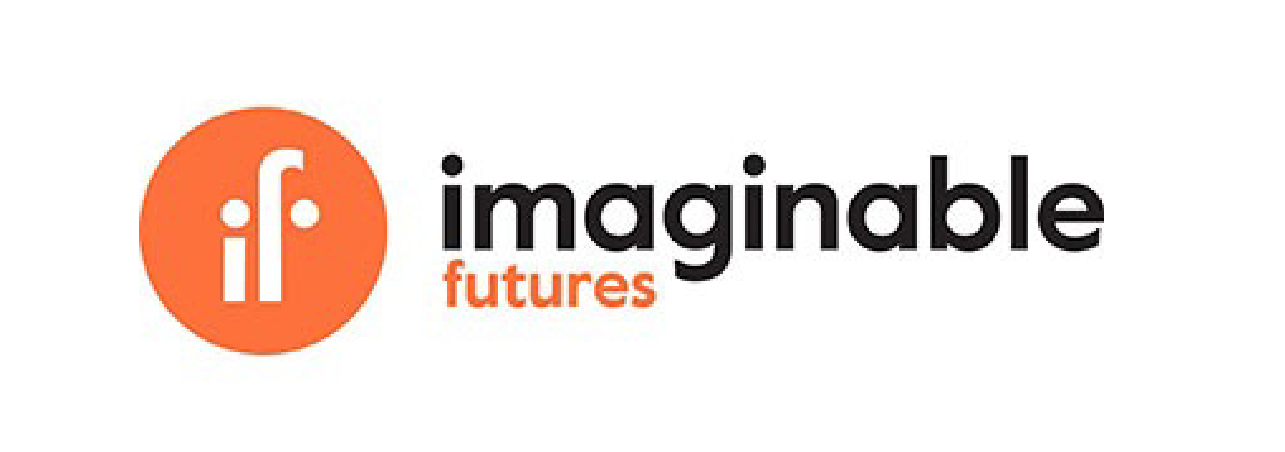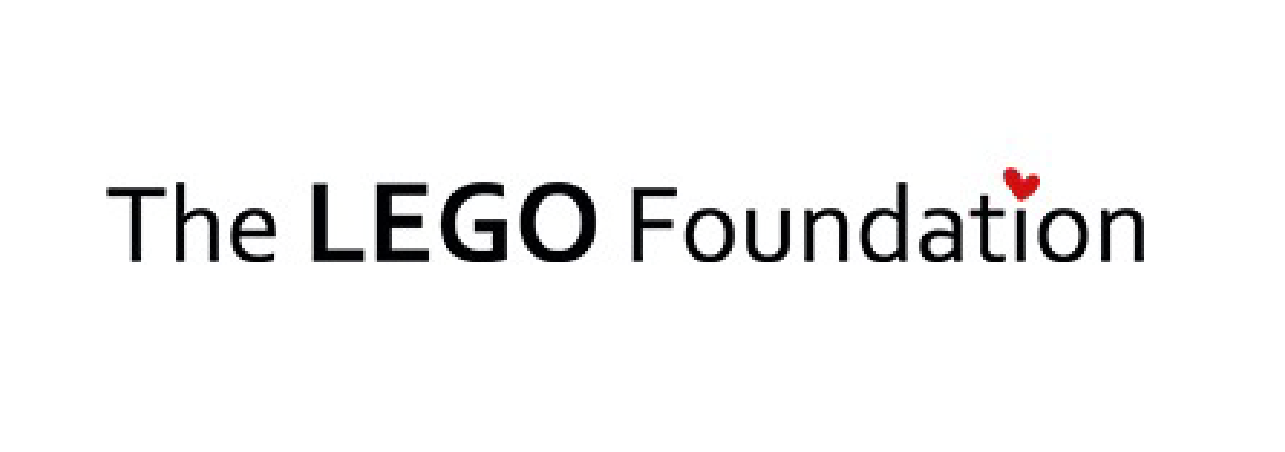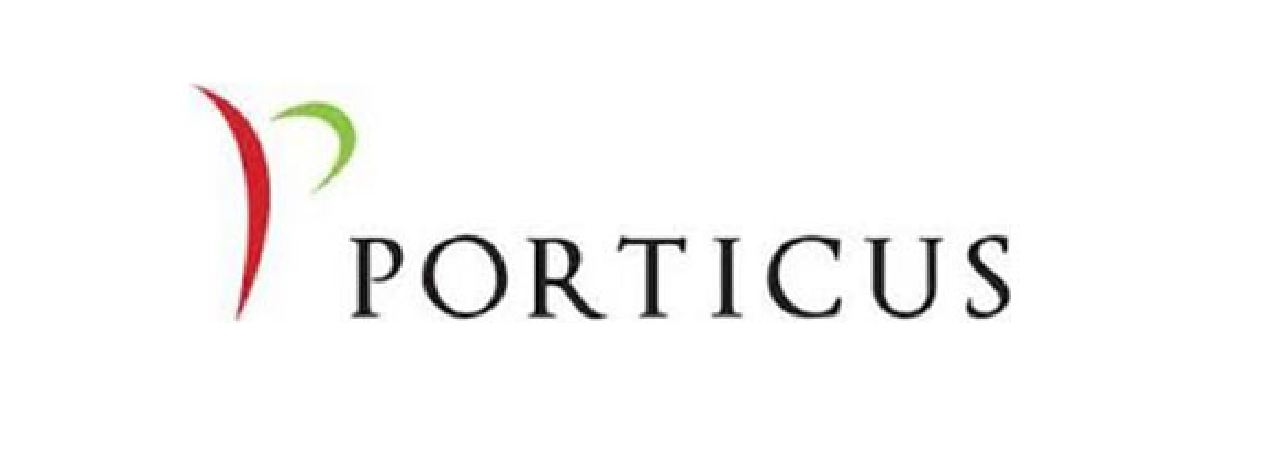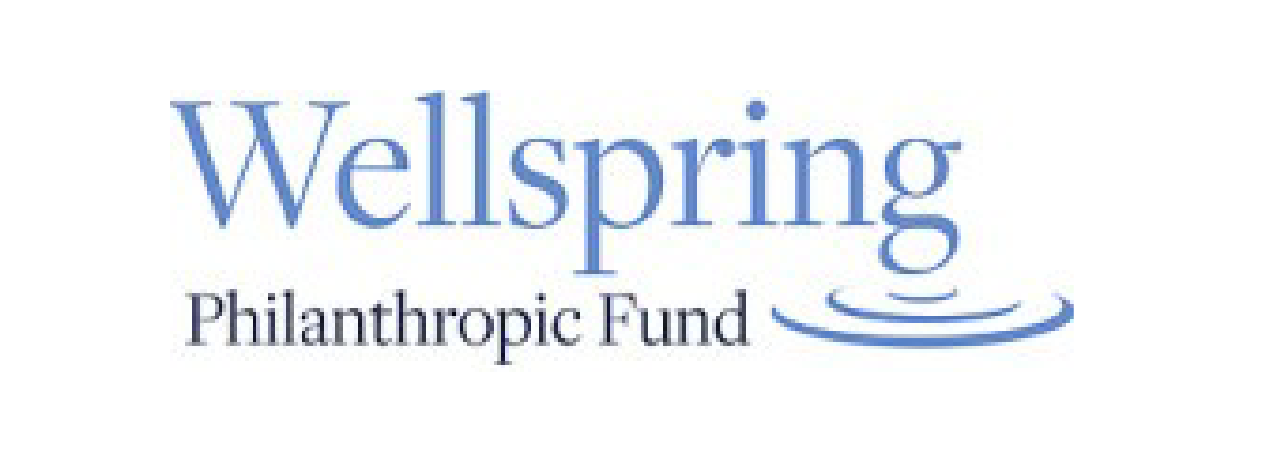By Stephen Macharia, PhD- Lecturer and Head of Strathmore Writing Centre
School of Humanities and Social Sciences
In the current dynamic world of work where change and growth have been taking place at unprecedented levels, organizations must build a culture of learning. A progressive organization needs to position learning and continuous improvement of people and systems at the core of its focus. In line with that, the concept and practice of learning organisations is on the rise. Some organisations have developed booklets that have been useful in helping them craft superior products based on the lessons gathered from previous ones. Such organisations are becoming ‘workplace universities’ where learning and institutional knowledge are part of their routine practice. They gather, produce, analyse, retain, and transfer knowledge for the purpose of self and quality improvement.
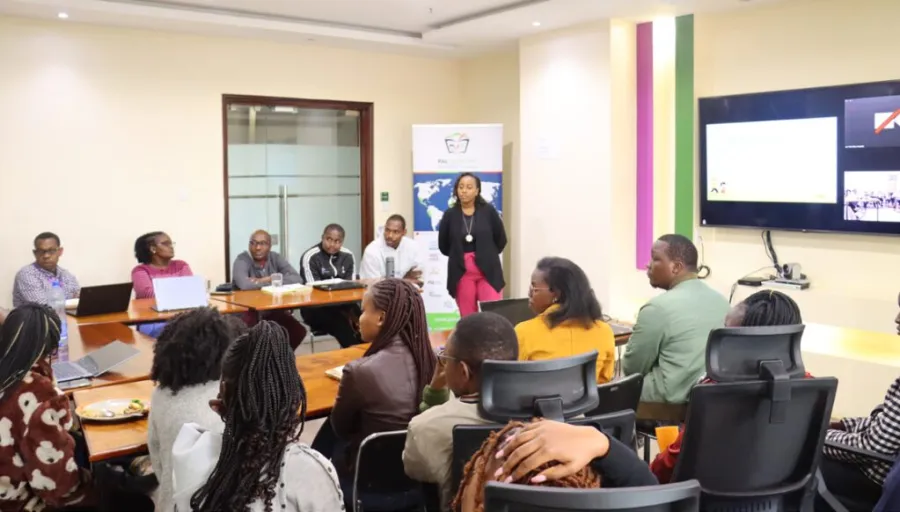
Weekly learning sessions at Zizi Afrique foundation.
Learning organisations depend on data gathered from their day-to-day experiences with a view to boosting productivity and efficiency in their operations. They benefit from their past experiences and lessons from others. Besides growing leaders and employees who are well equipped to collect, analyse, manage, and transfer knowledge, such organisations also benefit from seamless succession management. Learning organisations are also able to develop systems that adapt to change in a rapidly evolving operating environment. They are often resilient and futuristic in their perspectives.
Despite the benefits that organisations are likely to accrue from making deliberate efforts to learn, several bottlenecks have hindered this practice. The Harvard Business Review identifies three core barriers to creating learning organisations which include difficulties in implementing abstract recommendations; focusing learning on executives, excluding managers in charge of small departments where the actual work is done, and lack of standards and tools for collecting data to be analysed for creating knowledge for institutional learning.
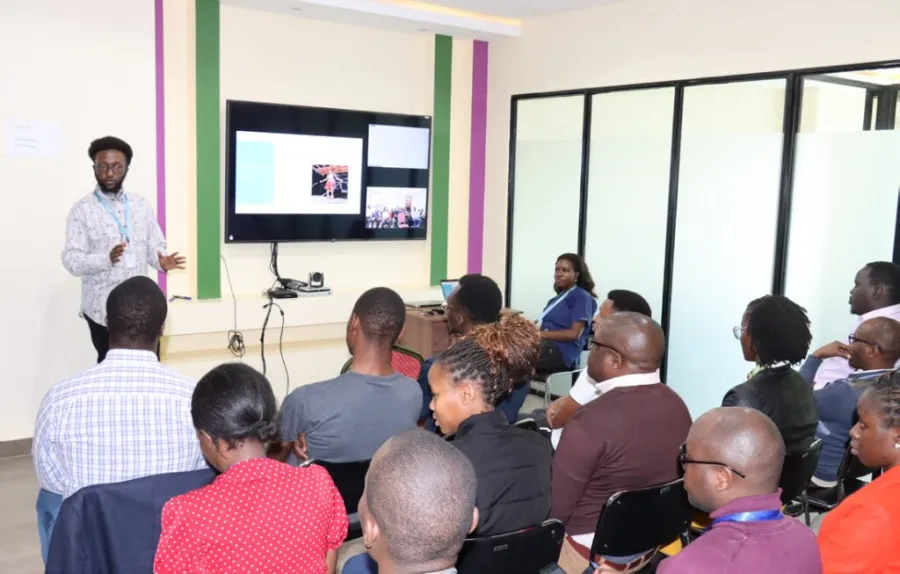
Weekly learning sessions at Zizi Afrique foundation.
In a bid to respond to the need to develop values and life skills as invaluable competences in the East African school curriculum, the Regional Educational Learning Initiative (RELI) unveiled an initiative known as, Action for Life Skills and Values in East Africa (ALiVE). This initiative has, in its first phase, developed context-specific tools for assessing life skills in adolescents within the region.
After developing context-relevant, open-sourced tools for assessing life skills in East Africa, ALiVE has now developed tools for organizational learning to bridge an existing gap. The tools have been informed by various models and frameworks that include the New World Kirkpatrick model, Brookfield self-directed learning, SMEDAN Learn shop criteria, Kolb, Gibbs, Schon and Experience, Reflection and Action among others. Through development of these tools, ALiVE aims at contributing to the practice and conversation on organizational learning and global discourse on knowledge generation from the global south.
The developed tools have already been used by institutions involved in the ALiVE project in recent write shops, learn shops, and workshops. Government agencies, non-governmental organisations and private sector institutions can use those open-source tools to assess their capacity to learn and improve their practice through organizational learning.
